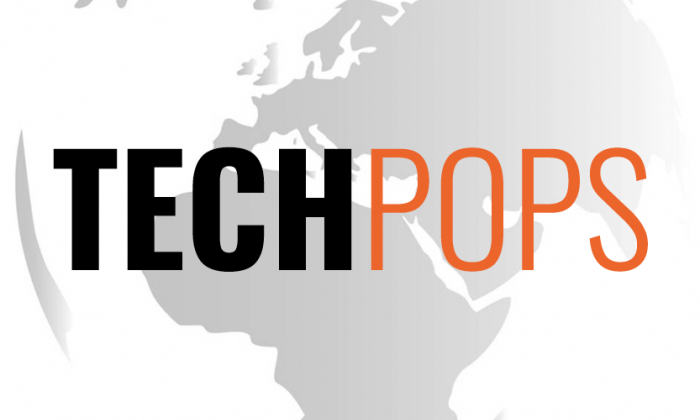Digital Technologies and Peace Operations
Technological developments have always led to changes in the way wars are fought and peace is won. International organisations, including the UN, have to contend with digital technologies that change the nature of conflict in crisis regions. At the same time, digital technologies open up opportunities for managing those same conflicts.
Interface of Digital Technologies With Peace and Security
As is the case with most technological change, the current developments present both opportunities and risks. Social media and digital platforms, for example, can be used to make dialogue and mediation processes more inclusive. At the same time, these same technologies can be used to exacerbate ideological tensions, thereby undermining the security situation in a conflict area. Cyberattacks on critical infrastructure or on the communications infrastructure of a peace operation also pose concrete risks. Currently, there are a number of UN initiatives that focus on this interface between digital technology and peace and security.
When it comes to peace operations, much of the current thinking builds on the Performance Peacekeeping Final Report 2015 of the Expert Panel on Technology and Innovation in UN Peacekeeping. This report argues that technology and innovation are critical for the operational capabilities of current and future UN peace operations. The authors encourage a more extensive and targeted use of new technologies, both to enhance the effectiveness of the operations and to help the UN as a whole become a learning and innovation organization.
 ©Easyturn
©Easyturn
Practical Applications
There are numerous examples of practical applications of how digital technologies can be used in the context of peace operations. In the area of electoral support, protecting human rights or in policing for peace operations, such technologies can be applied to facilitate investigations, accelerate voter registration or achieve greater professionalisation of national police forces with the help of digital databases, to name just a few examples. At yet there is still considerable untapped potential in this area. A whole range of additional applications for digital technologies are imaginable in the implementation of mandated tasks, such as in the areas of border management, protection of civilians or monitoring.
In order to identify and apply meaningful high-tech (or low-tech) solutions, the technological and digital awareness as well as the corresponding skills of personnel in peace operations must also be further developed - this is also a result of the UN strategy mentioned above. For many, data management itself is already a challenge. In addition to the required technical skills, there must also be a further development of appropriate frameworks of oversight and accountability.
Our Engagement
For several years now, we have been engaged in a discussion on technology and peace operations. In October 2019, an “Expert Dialogue on Technology and Peace Operations” took place in collaboration with the UN Department of Peace Operations. This event was attended by over 40 representatives of international organizations, actors from civil society, the business and scientific communities and a range of experts with theoretical and practical expertise, all of whom were engaged in an exchange on cutting edge developments in this field. As dealing with mis/disinformation and hate speech has recently become an urgent problem for peace operations, in 2023 our annual Berlin Expert Dialogue was dedicated to this important topic. We are also continuing to develop the resulting network and deepen the thematic discussion via our TECHPOPS blog, that presents a platform for a range of voices to explore the subject from different angles.
 ©ZIF
©ZIF